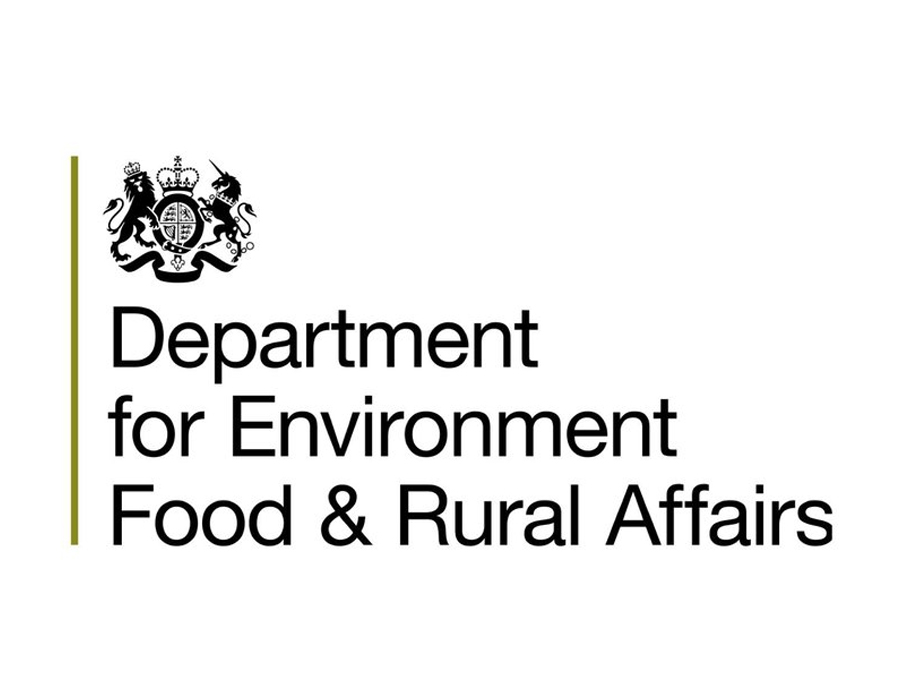The EU Green Deal is a hot topic, and rightly so. With 94% of consumers saying it’s a brand’s responsibility to create products that are not harmful to the earth (Deloitte), it was only a matter of time before eco-friendly efforts were put into legislation. Set out by the European Union, the EU Green Deal was approved in 2020 and aims to make Europe the first ‘climate neutral’ continent by 2050. The deal encompasses a range of strategies, including a target to reduce emissions by 55% by 2030, with an additional goal of a 90% reduction by 2040.
This deal is centred around five pillars that collectively drive the Green Agenda. These are climate action, circular economy, biodiversity, fighting pollution, and sustainable food systems and rural areas. Each of these five pillars represents a key aspect of the Green Agenda, which works together to create a sustainable and green future for the EU.
In this blog, we will be focusing on the second pillar, circular economy as this lies at the heart of everything we do at Smurfit Westrock. We’ll be looking at waste, recycling, sustainable production, and the efficient use of resources.
Packaging and Packaging Waste Regulation is a big part of the Green Deal
The Packaging and Packaging Waste Regulation (PPWR) fits in under the circular economy pillar. It aims to encourage sustainability by promoting using renewable resources for as long as possible by reusing, repairing, recycling and not polluting the environment with waste.
Measures within the PPWR cover the full life cycle of packaging, focusing on the reduction of packaging waste and putting restrictions on certain types. For example, starting from January 1st 2030, specific types of single-use plastic packaging will be banned. The PPWR is important as Europeans currently generate almost 190kg of packaging waste each year. By minimising waste, the PPWR supports the Green Deal’s goal of creating a sustainable environment.
The EU Green Deal is changing the world of packaging
With packaging waste having increased by 20% over the last 10 years (European Commission), it is no surprise that a big focus of the EU Green Deal is packaging and the need for more eco-friendly paper and practices.
- Under the EU Green Deal, all packaging will have to be climate-neutral. This means any carbon emissions released by the packaging process must be balanced by removing the same amount. Eventually, this will lead to a net zero carbon footprint.
- The EU Green Deal highlights the importance of reusing and recycling packaging and states that, when packaging has reached its natural reuse and recycling limit, it must be biodegradable and able to disappear into the environment without having a negative impact.
- The EU’s plans also include Extended Producer Responsibility (EPR), which gives businesses more responsibility for the entire lifecycle of their packaging. This extends beyond packaging production to include the recycling and disposal of packaging waste.
- According to the legislation, packaging waste in the EU shouldn’t produce any pollution, and exporting packaging waste to anywhere outside the EU is prohibited. Businesses must use green packaging solutions that can be disposed of without impacting the planet.
The consequences of not using recyclable packaging
Businesses will face significant consequences if their packaging is not compliant with the regulations brought about by the EU Green Deal. Packaging that isn’t compliant could be recalled, meaning the products within are also recalled. This is costly and challenging to fix and could damage the brand’s reputation and destroy consumer trust.
Plus, brands that don’t use compliant packaging could be prohibited from selling products in the EU. With restrictions on what packaging can be used in the EU market, anything that doesn’t comply with the EU Green Deal could be restricted, leading to lost revenue and ultimately, a smaller target market.
Sustainability is now a consumer expectation, and businesses not doing their bit to protect the planet are likely to face negative publicity. Not complying with packaging regulations can result in losing a competitive advantage, as eco-conscious consumers prefer to use compliant, environmentally responsible companies. After all, 75% of consumers would part ways with a brand over value conflicts, with 15% of them sharing their concerns on social media (Consumer Goods Technology). If a brand doesn’t meet the requirements of the EU Green Deal by prioritising the reduction of its impact on the environment, there’s a high chance that consumers will head elsewhere.
Biodegradable packaging is the new norm
As a business, there are many ways to get ready for the changes that will profoundly impact packaging.
- Incorporate recycled packaging materials with virgin materials where possible, to reduce the demand for virgin content. If using virgin materials, these must be sustainably sourced.
- Swap any packaging that doesn’t align with the EU Green Deal for solutions that use optimised, sustainable, and fit-for-purpose materials. Choose packaging with a reduced carbon footprint, such as planet-friendly paper and cardboard packaging.
- Use materials that are biodegradable so, if they are littered, they will break down naturally without leaving anything behind.
- Choose recyclable packaging, specifically materials that are easy for consumers to recycle kerbside. Consider using single-material packaging – for example, packaging made entirely out of cardboard – to simplify the recycling process.
Environmentally friendly packaging benefits the planet and customers alike
The EU Green Deal has been designed with protecting the environment in mind. By reducing packaging waste and promoting the use of planet-friendly materials, it’s possible to conserve natural resources. By lowering greenhouse gas emissions associated with the production and disposal of packaging, the risks associated with climate change are reduced. The shift towards environmentally friendly packaging also encourages innovation. Brands that invest in green packaging solutions can gain a competitive edge by showing that they are a responsible brand and appealing to eco-conscious consumers.
With 75% of consumers more likely to purchase brands that offer green products and 49% of consumers willing to pay more for sustainable packaging and delivery (Deloitte), it’s clear that environmentally friendly solutions are now a customer expectation. Consumers are increasingly seeking out eco-friendly brands and, by adopting green packaging, brands can enhance their brand’s image, build consumer trust, and meet the expectations of their target market.
Here to help
Smurfit Westrock’s UK Sustainability Lead, Lianne Pemberton states: “As the leading provider of sustainable paper-based packaging solutions in the world, with circular economy at the heart of our business, we recognise the growing consumer awareness and demand for more sustainable solutions. We use renewable, recyclable, and recycled materials to create sustainable packaging solutions while being committed to our long-term ESG ambitions. We support the EU Green Deal because to be sustainable, we must replicate nature’s cycles. All packaging needs to do no harm and be reused and recycled as much as economically possible by 2030 and be as close to circular as physically possible by 2050. With our experts and industry-leading tools, we can provide the support to ensure our customers are using Better Planet Packaging.”
If your packaging needs to change to meet the new legislation, we’re here to help. At Smurfit Westrock, we have tools that can assess your packaging and even one that can instantly verify its compliance with PPWR. We stay at the forefront of evolving packaging legislation and regulations to help our customers reap the rewards of EU Green Deal-compliant packaging. Give consumers what they want through packaging that drives profit and purpose. Get in touch to find out more.























